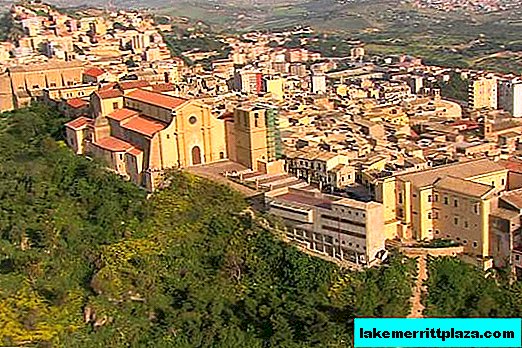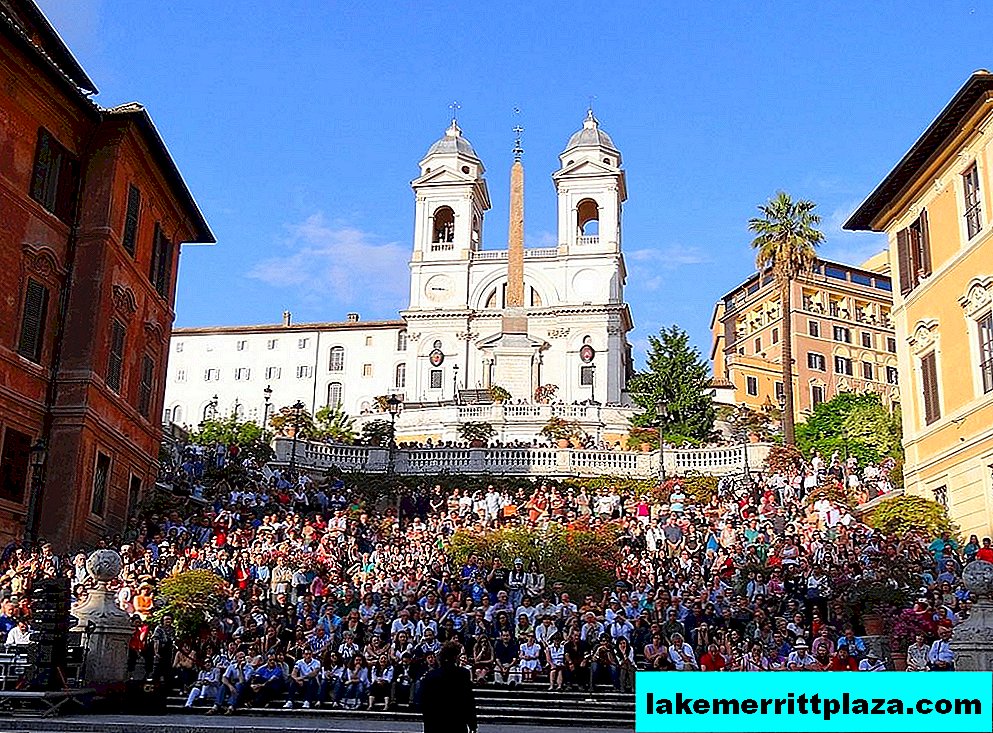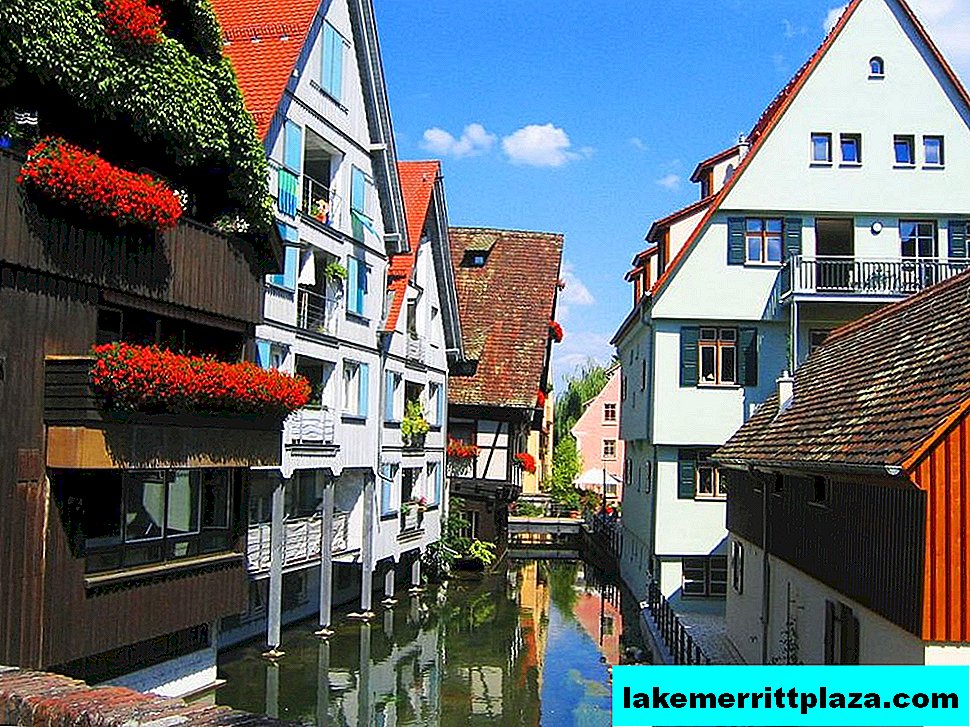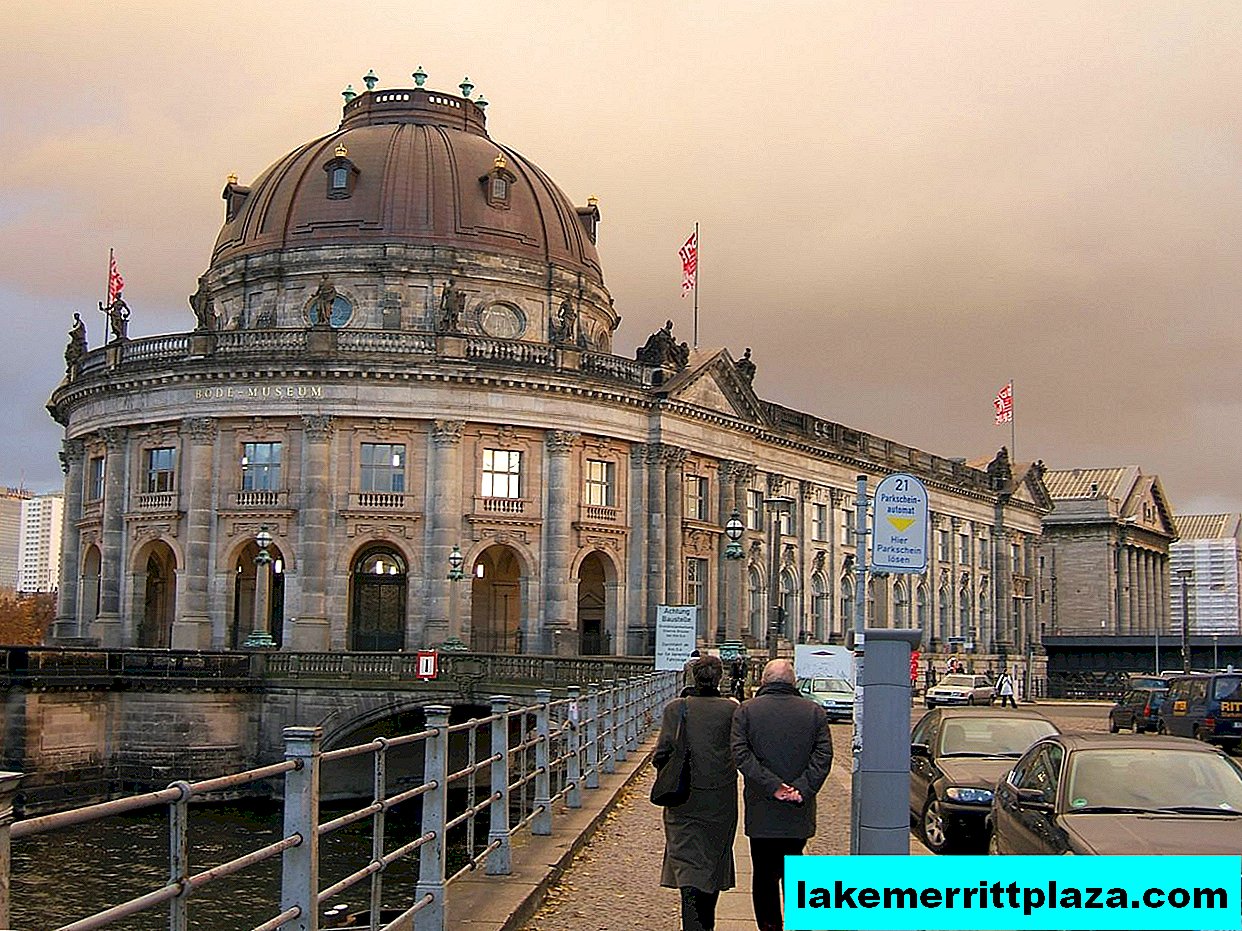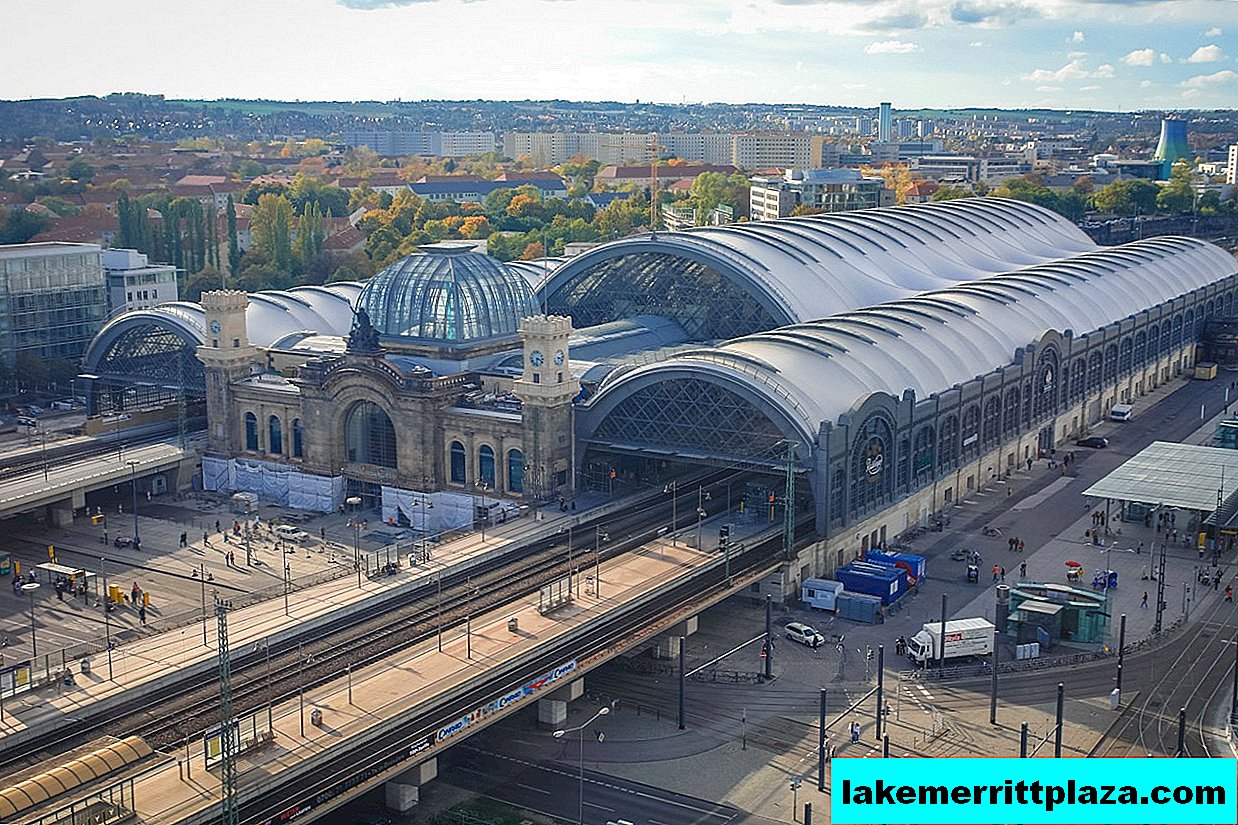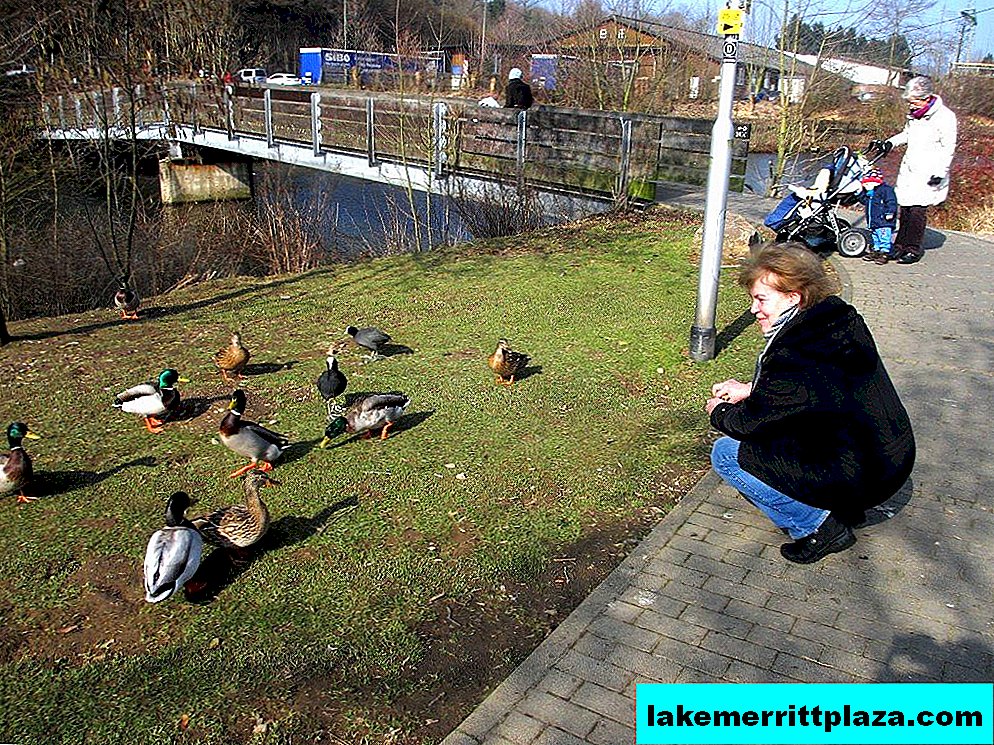The Altar of Peace is placed in a beautiful modern building, where in addition to it there is also a museum. In his exposition drawings, photos, mock-ups, drawings of a more “new” Rome, you can watch a movie or read an article. Well, of course, look at the Altar of Peace not through the glass.

Front View of the Altar of Peace, photo by Klaus Wagensonner
In Rome, at the intersection of Lungotevere in Augusta with the small Via Tomacelli, stands a modern pavilion made of stone, glass and steel. This building was built by architect Richard Mayer. Inside is an ancient shrine - the Altar of Peace (Ara Pacis Augustae).
History of the Altar of Peace
The Altar of Peace was erected in 13 BC on the Champ de Mars. Installed it by decision of the Senate. The construction was dedicated to the victorious return of Augustus from a campaign in Spain and southern Gaul. It symbolized the establishment of peace for the Romans for many years - the period of "Pax Romana".

Bas-relief procession, photo by Klaus Wagensonner
The altar was a marble rectangular altar of six meters height (along with the podium). The outer sides of the structure were decorated with mythological bas-reliefs. Every year sacrifices were made here, and the priests prayed for the preservation of Augustus' peace.
Gradually, the Field of Mars was built up. In the IV century, barbarians raided Rome, and in the V century, the Roman Empire fell. The altar was abandoned, flooded by the waters of the Tiber and covered with sand. The sacred altar was forgotten for a long time.

Saturnia tellus - one of the well-preserved reliefs
In 1568, excavation work was carried out in the basement of the Fiano Palace on Corso Street. There were found marble fragments of the ancient Altar. Then they were taken to Florence. New excavations were initiated by archaeologists in the 19th century, and research was continued in the 20th century. Work was carried out with caution - the remains of the structure were fragile, and the cellars of the old palace threatened with collapse.
The found fragments were carefully studied. The restoration of the ancient Roman shrine began. During the reconstruction, written evidence and ancient coins with the image of the Altar were used. During the reign of Mussolini, the issue of installing a monument was resolved. For him, a pavilion was built opposite the restored mausoleum of Augustus.

Altar, photo by Danita Copeland
Altar of Peace today
An antique monument, protected by powerful walls of an external building, survived World War II. At the beginning of the XXI century, it was decided to replace the dilapidated pavilion. Architect Richard Mayer won the competition and in 2006 erected a new glass mausoleum over the Altar of Peace.
Mayer Pavilion protects the ancient Roman shrine from the vagaries of the weather and is used as a hall for temporary exhibitions.

Altar of Peace (Ara Pacis), photo by paul nine-o
Museum Hours
Mon-Sun 09:30 - 19:30;
December 24 and 31, 09:30 - 14.00.
Weekends: January 1, May 1, December 25.
Tickets
Adult - € 10.50,
preferential - € 8.50;
children under 6 years old - free of charge.
Depending on the temporary exhibitions held at the museum, the price changes. Look up-to-date information on the website www.arapacis.it.
To not stand in lines, buy a ticket online. It is enough to print an electronic check and present it at the turnstile.
Ara Pacis is included in the Roma Pass tourist card.
How to get there
Attractions you can reach:
take the metro to Flaminio or Spagna stations, then walk 700 meters;
take bus 628, C3, no. 25 to the Augusto Imperatore / ara Pacis stop or 301 to Augusto Imperatore.
How do I save on hotels?
Everything is very simple - look not only at the booking. I prefer the search engine RoomGuru. He is looking for discounts at the same time on Booking and on 70 other booking sites.

